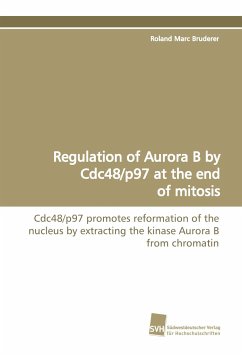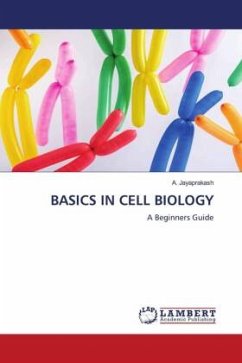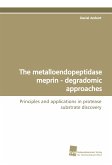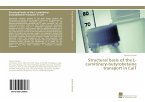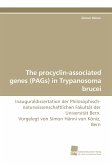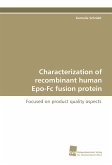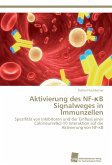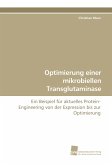During mitosis, the replicated genome is segregated into two daughter nuclei. The chromatin condenses into chromosomes followed by the breakdown of the whole nucleus. After sister chromatid segregation by the mitotic spindle, the nuclei reform in the daughter cells and cell division can be completed with cytokinesis. Chromatin needs to be segregated and repackaged into nuclei with high fidelity, since errors cause genomic instability that in turn may lead to cell death or, worse, development of cancer. Reformation of the nucleus late in mitosis needs a high degree of coordination with chromo-some segregation and spindle disassembly, but also among the NE formation, nuclear pore complex assembly and chromatin decondensation; however, regulation of the process is still poorly understood. In vitro, nucleus formation requires Cdc48/p97, a hexameric ATPase implicated in membrane fusion and ubiquitin-dependent processes. However, the role and relevance of Cdc48/p97 in nucleus formationhave remained controversial. Here we show that Cdc48/p97 stimulates nucleus reformation by inactivating the chromatin-associated kinase Aurora B.

